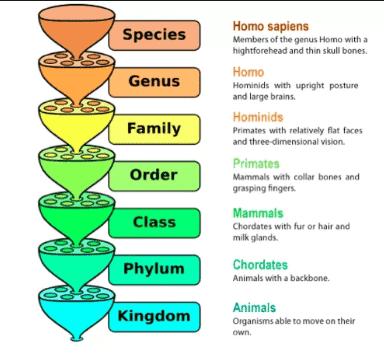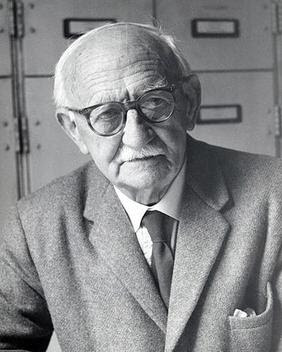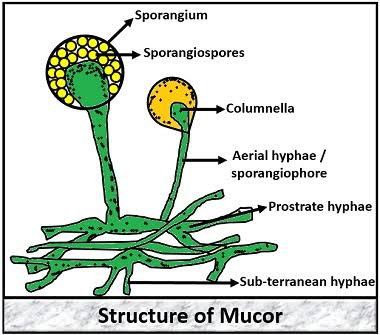In immunology, an antigen is an molecule capable of inducing an immune response ( to produce antibody) in the host organisms. Sometimes antigens are part of the host itself in a autoimmune disease. Antigen are targeted by antibodies.
OR
A toxin or other foreign substance which induce an imnune response in the body, especially the production of antibodies is called antigen.
TYPES OF ANTIGEN
EXOGENOUS ANTIGEN
These antigen enter the body & circulating in the body fluid and caught by macrophages, dendritric cells etc.Ex:- Bacteria, virus, fungi etc
ENDOGENOUS ANTIGEN
These are the bodies own compound /fragments / cell are produced in body are processed by macrophage and later accepted by cytotoxic T-ells.Ex:- Histocompatibility Leukocyte antigen (H. L. A).
AUTO ANTIGEN
These are normally proteins that are recognised by immune system of patient suffering from autoimmune disease.Ex:- Nucleoproteins, Nucleic acids etc














